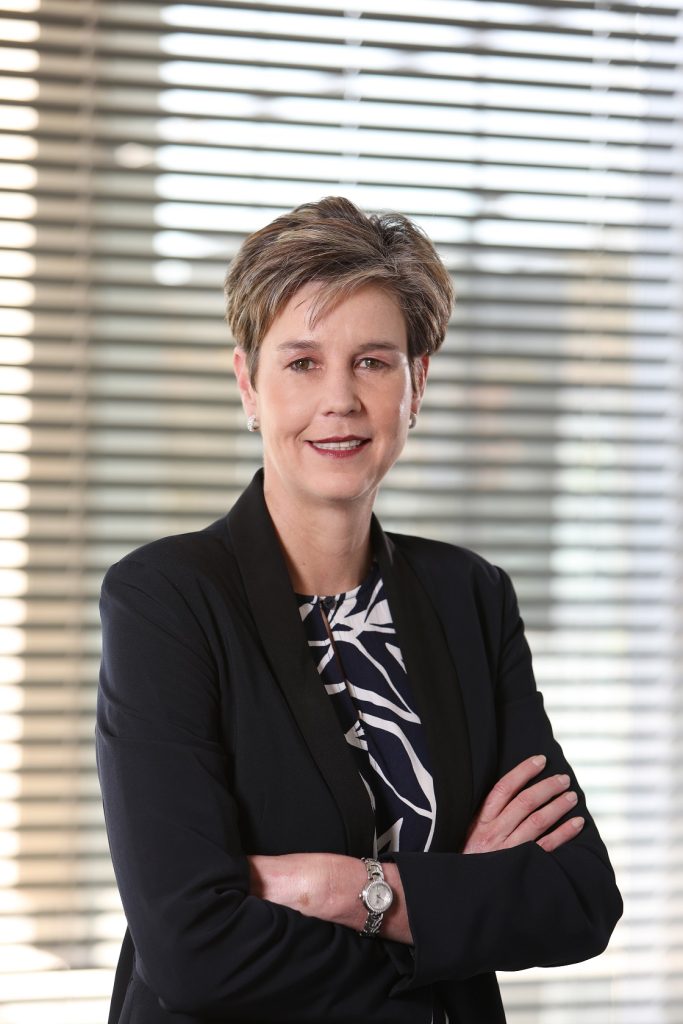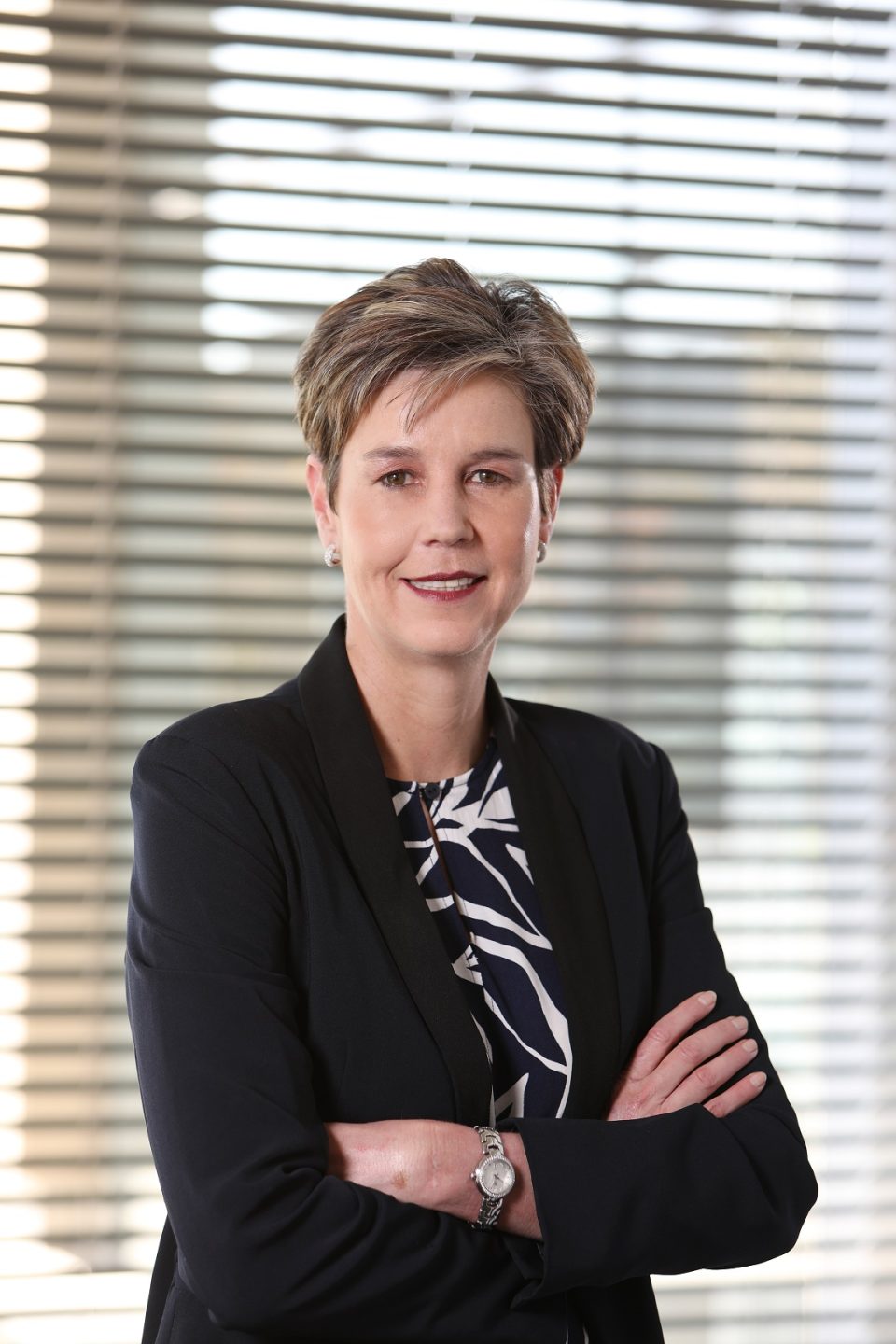
- Report forecasts renewable energy to hit 179TWh or 50% of total 2024 generation by 2040; green hydrogen to diversify energy but only post-2030
- Standard Bank and Cresco Group to attend London’s Africa Investment Exchange: Power & Renewables 2024, to discuss Africa’s energy market modernisation
South Africa will only hit 2024’s current energy demand requirement by 2040, according to a report from Standard Bank and Cresco Group.
The market assessment of South Africa indicates solar photovoltaic and wind-installed capacity (utility and rooftop) will increase from 10GW in 2024, to 37GW by 2030 and 77GW by 2040. Meanwhile, power decarbonisation is forecast to rise from c.15% in 2024 to 60% by 2040.
However, as many as 27% of coal-fired power stations will still be present in the country’s energy mix in 2040. Large scale green hydrogen generation is expected to enter the mix to increase energy diversity but only post-2030.
Renewable energy generation is set to increase to 97 TWh (30% of total 2024 generation) by 2030 and to 179 TWh (50% of total 2024 generation) by 2040, meaning demand will continue to outstrip supply even under the conservative projections of South Africa’s 2023 Integrated Resource Plan when considered at an hourly offset level.
Robert Futter, Executive Director at Cresco Group, said: “Meeting the goal of carbon-neutrality in generation by 2050 will be challenging – if not impossible. The recent reduction in load shedding is partially attributable to decreased demand and we do not yet know if this is a temporary or permanent change. With generation projected to only meet 2024’s demand by 2040, renewable energy implementation in South Africa needs to increase at a dramatic rate. If the embedded market were to grow or if selling excess energy back into the grid became a reality, it could play a significant role in meeting national demand.”
The report, Energy Market Projections, explores the risks and opportunities in South Africa’s current and future energy market, provides a market forecast, and analyses the development of the country’s decentralised power market.
The findings come against a backdrop of rapid power market transformation in South Africa and parts of sub-Saharan African, which promises to unlock social and economic prosperity across the continent, as well as access to the critical minerals required to drive the global energy transition.
Rentia van Tonder, Head of Power at Standard Bank, said: “Structural change is paving the way for a more secure and sustainable power landscape, but the reality of the South African energy market today is coal-fired plants trying to run efficiently to keep up with demand, while private sector-led investments in solar and wind power enter the generation mix. Clients are adopting a cleaner and more cost-effective approach to address power needs, however we still anticipate green hydrogen adoption will gain momentum closer to 2030 or beyond, rather than by 2025, and its primary applications initially may not be for electricity generation.”
Power modernisation as global opportunity
The report comes as Standard Bank and Cresco Group take to the stage of this year’s Africa Investment Exchange: Power & Renewables 2024conference, hosted in London. The event brings together key stakeholders across Africa’s energy landscape, from investors to project developers, and will see Rentia van Tonder of Standard Bank share insights on the modernisation of Africa’s power markets and the regional and global opportunity for investors.
Standard Bank is the largest African bank by assets, with van Tonder fronting its efforts to fund power and renewable projects across the continent. During this year’s event, van Tonder will lead C-suite executives in exploring South Africa’s electricity supply market, before joining panelists to discuss the financing landscape. Meanwhile, Cresco Group Executive Director Robert Futter will lead a discussion of energy trade, wheeling and interconnections – including Zambia and neighbouring countries’ energy challenges.
Standard Bank’s van Tonder added: “While all eyes have been on the challenges and rapid power modernisation in South Africa, this is only one element of the region’s wider story of transformation, with similar market liberalisation underway in Kenya, Zambia and Namibia. The bottleneck caused by insufficient power supply across the continent has put a hand break on growth, but levelling up energy infrastructure is the catalyst required to unlock serious economic development and social impact. African markets bring both challenges and opportunities for international investors, but capital investment combined with innovative financing solutions can not only tap growth at scale but also play an important role in the global energy transition.”
Standard Bank and Cresco Group’s joint report, Energy Market Projections, is available online. AIX: Power & Renewables 2024 is taking place in London, 29-30 October, with Standard Bank as lead sponsor.
INFO SUPPLIED.


